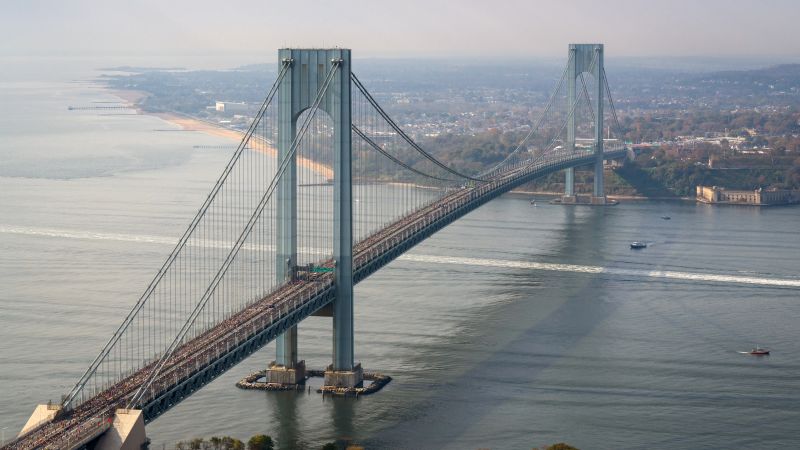The Metropolitan Transit Authority in New York City is requesting that the organizers of the city’s marathon pay $750,000 per year due to the loss of bridge toll revenues from the closure of the Verrazano-Narrows Bridge during the race. MTA Bridges and Tunnels President Catherine Sheridan stated that taxpayers should not subsidize a wealthy organization like the New York Road Runners, and the MTA is seeking full reimbursement for the lost revenue through a final agreement with NYRR.
The $750,000 demand from MTA equates to $15 per runner, considering the expected participation of about 50,000 runners in the marathon. The Verrazano E-ZPass toll is normally $7, putting into perspective the financial impact the race has on the bridge and the MTA’s revenue. NYRR argues that the marathon already brings in millions of dollars for the city’s economy and that the proposed amount from MTA would make the race less affordable to participants.
NYRR acknowledges the partnership with various city and state agencies to stage their events, including the marathon, and is willing to negotiate with MTA. They believe that any resolution should consider the value that the MTA derives from the marathon, including increased ridership over the weekend of the race. In 2023, the marathon raised more than $60 million for charity and had the highest number of paid subway rides in almost four years, as reported by Gov. Kathy Hochul’s office.
The MTA recently approved congestion pricing in New York City, making it the first city in the US to implement such a toll. Lawmakers argue that congestion pricing will help alleviate traffic congestion and fund repairs to critical infrastructure. Despite the approval of the toll plan, there are pending lawsuits, including one led by New Jersey Gov. Phil Murphy, that aim to block the implementation of congestion pricing in the city.
In conclusion, the dispute between the MTA and NYRR regarding the payment for the marathon highlights the financial implications of hosting large-scale events on infrastructure and the need for fair reimbursement. As the marathon continues to be a significant economic driver for the city, finding a resolution that benefits both parties while considering the broader impacts on transportation and infrastructure will be crucial. The introduction of congestion pricing in New York City adds another layer of complexity to the ongoing debate over tolls and revenue generation for public transportation systems.


